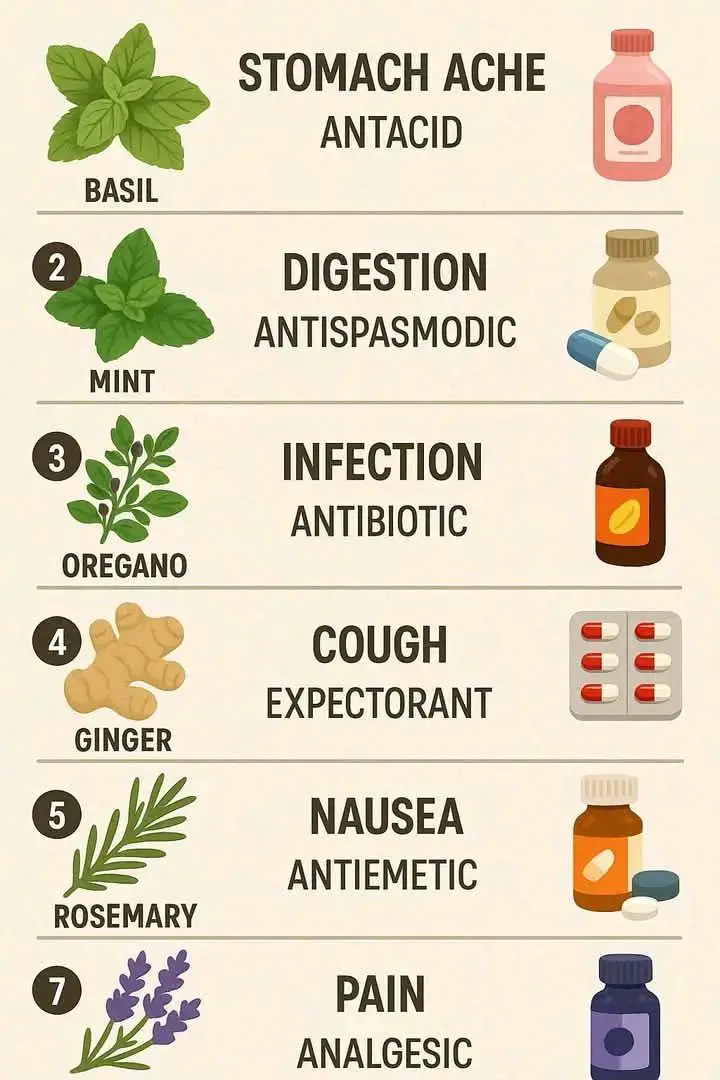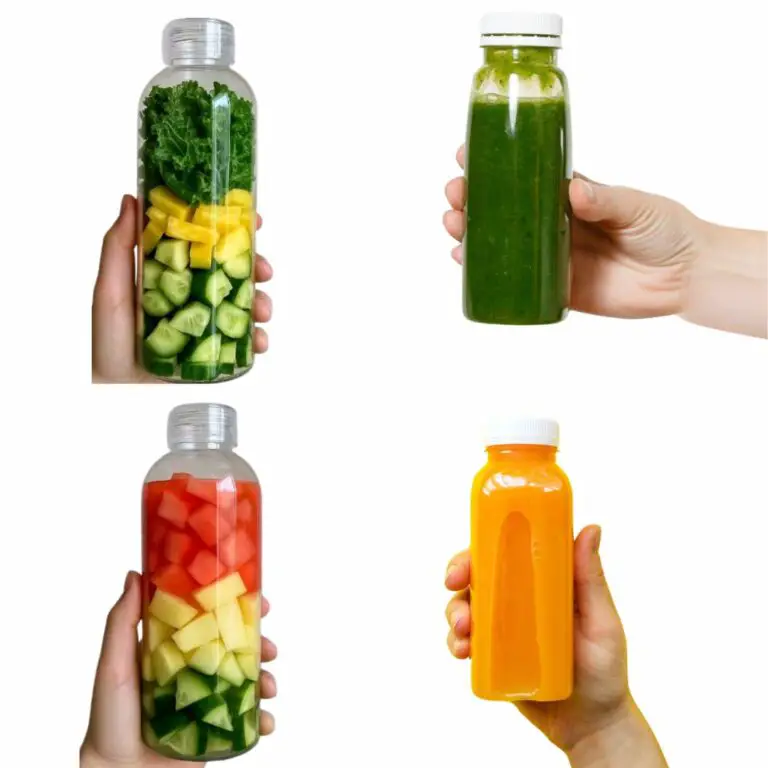14 Life-Changing Ways to Keep Your Colon Healthy
Introduction
Your colon is more than just part of your digestive system—it’s a vital player in your body’s overall health. A healthy colon helps detoxify the body, absorb essential nutrients, and eliminate waste efficiently. Yet, for many people, poor lifestyle choices, unhealthy diets, and chronic stress can lead to colon problems ranging from constipation to life-threatening diseases. The good news? By implementing just a few practical lifestyle changes, you can significantly improve your colon’s health and your overall well-being.
In this guide, we reveal 14 life-changing ways to keep your colon healthy. Each step is designed to be actionable, simple, and backed by science. Whether you’re starting from scratch or looking to level up your current wellness routine, these tips will guide you toward optimal gut health.
Why You’ll Love This Recipe for Colon Health
We like to think of these 14 strategies as a recipe for a healthier you. Like any great recipe, it balances essential ingredients, the right tools, and thoughtful preparation. This lifestyle recipe is not only effective, it’s also highly adaptable and empowering.
- Holistic and natural: No harsh cleanses or gimmicks. Just sustainable changes.
- Scientifically supported: Every strategy is grounded in nutritional and medical research.
- Improves more than digestion: A healthy colon boosts immunity, mood, energy, and mental clarity.
- Customizable: Fits your lifestyle, dietary needs, and schedule.
With consistency, you’ll enjoy smoother digestion, more energy, and a lighter, cleaner feeling from the inside out.
Ingredients (Colon Health Essentials)
- Fiber-rich foods: Oats, chia seeds, lentils, leafy greens, apples
- Probiotic foods: Yogurt, kimchi, sauerkraut, kefir
- Prebiotic foods: Garlic, onion, asparagus, bananas
- Hydration: Water, herbal teas
- Healthy fats: Avocado, olive oil, flaxseed
- Anti-inflammatory ingredients: Turmeric, ginger, omega-3s
- Plant-based proteins: Beans, tofu, quinoa
- Fresh fruits and vegetables
- Low-sugar options
- Whole grains
Necessary Tools
- Blender or food processor
- Reusable water bottle
- Meal prep containers
- Measuring cups
- Steamer or slow cooker
- Herbal tea infuser
- Notebook or habit tracker
Ingredient Swaps and Additions
- Swap dairy yogurt with coconut or almond yogurt if you’re lactose intolerant.
- Use quinoa instead of white rice to increase fiber and protein.
- Replace sugary drinks with fruit-infused water.
- If you dislike fermented foods, consider a probiotic supplement.
- For added anti-inflammatory support, include black pepper with turmeric to boost absorption.
Step-by-Step Instructions
- Start with hydration: Drink a glass of warm water with lemon each morning to stimulate the digestive system.
- Eat fiber early: Begin your day with oats, berries, and chia seeds to jumpstart digestion.
- Incorporate fermented foods daily: Add a serving of kimchi, yogurt, or kefir to your lunch or dinner.
- Move your body: Go for a brisk walk or do yoga to stimulate bowel movements.
- Snack smart: Choose raw veggies, hummus, or fruit instead of processed snacks.
- Include prebiotic ingredients: Add garlic and onions to soups, stir-fries, and salads.
- Drink herbal teas: Ginger or peppermint tea after meals supports digestion.
- Reduce red meat: Substitute with plant-based proteins at least 3 times a week.
- Avoid ultra-processed foods: Limit intake of artificial sweeteners, emulsifiers, and additives.
- Eat mindfully: Chew slowly and focus on your meals to aid proper digestion.
- Rest your gut occasionally: Try intermittent fasting or a 12-hour overnight fast.
- Track your symptoms: Keep a journal of foods eaten and how you feel.
- Get screened: Schedule regular colonoscopies, especially after 45.
- Manage stress: Practice deep breathing, meditation, or journaling daily.
Pro Tips for Success
- Gradually increase fiber to avoid bloating.
- Stay consistent with hydration.
- Make weekly meal plans centered around colon-friendly foods.
- Use spices like cumin, ginger, and fennel to reduce gas.
- Set reminders for movement breaks if you sit often.
Serving Suggestions
- Serve your high-fiber smoothie in a mason jar with chia pudding.
- Make a gut-friendly salad bowl with roasted veggies, quinoa, and sauerkraut.
- Pair meals with a cup of digestive herbal tea.
- Create vibrant meal-prep boxes for busy days.
Storing and Reheating
- Store prepped meals in airtight glass containers in the fridge for up to 4 days.
- Freeze fiber-packed soups and stews for quick access.
- Reheat meals gently on the stove or microwave to preserve nutrients.
- Store herbal teas in jars and consume within 48 hours.
Nutritional Information (Average Daily Targets)
- Fiber: 30-35g
- Water: 2.5-3 liters
- Probiotic servings: 2
- Prebiotic servings: 2
- Protein: 50-70g (plant-based preferred)
- Healthy fats: 50g
FAQs
1. Can colon health affect mental well-being? Yes! The gut-brain axis connects your colon to cognitive function. A balanced gut can improve mood and mental clarity.
2. How long does it take to notice changes? Many people feel better in just a week—especially with increased fiber and hydration.
3. Are probiotics safe to take daily? Yes, for most people. Choose reputable brands or food sources.
4. Should I do a colon cleanse? Skip harsh cleanses. Natural detoxing through fiber and hydration is safer.
5. Is coffee bad for the colon? Moderation is key. Coffee can stimulate digestion but too much may irritate sensitive stomachs.
Conclusion
A healthy colon doesn’t just mean better digestion—it means better everything. By following these 14 holistic, life-changing strategies, you’re supporting your entire body’s detoxification, immunity, and energy systems. Start today with small, consistent actions. Your gut will thank you, and your body will reward you.







